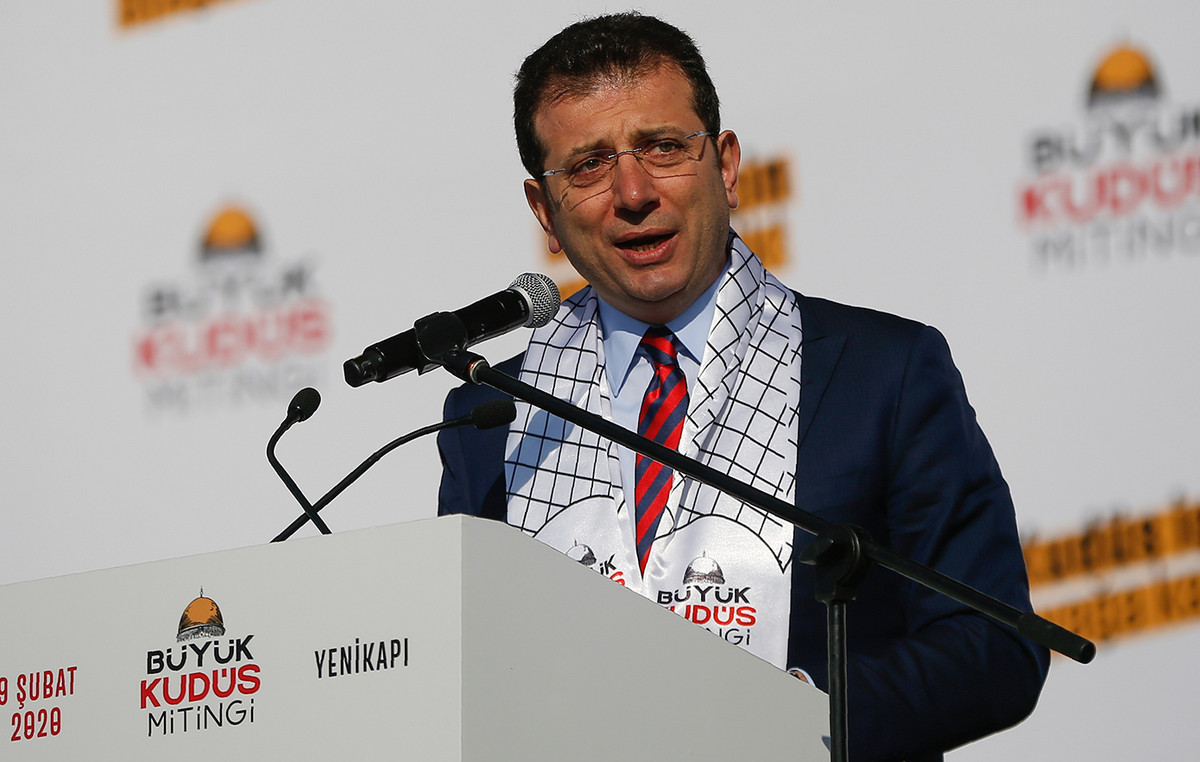The metaverse and the blockchain have opened up new perspectives for operating in the games. On the one hand, technologies expand the concept of the virtual world in games like “Grand Theft Auto (GTA)” and “Skyrim”, and on the other hand, they open up business opportunities for investors.
At B3, the São Paulo stock exchange, the newest option linked to the sector is the NFTS11, the metaverse ETF, which is in the quota reserve period until next Tuesday (29).
The ETF, whose minimum investment is BRL 100, is composed of cryptocurrencies that make up the MVIS CryptoCompare Media & Entertainment Leaders index: decentraland, axie infinity, the sandbox, gala, enjin coin, chiliz and Basic attention token. The NFTS11 has an annual administration fee of 0.75%.
In Brazil, JOGO11 is the first ETF traded on B3 aimed at the games, it replicates the ESPO (“VanEck Video Gaming & eSports Index)”, listed on Nasdaq.
According to José Augusto Albino, founding partner of Catarina Capital, the advantage of an ETF in relation to shares is that the index fund is composed of several papers, “facilitating the more lay investor, with difficulties in understanding how companies work. [do setor]”. He explains that the investment makes it possible to capture the progress of the market as a whole.
The GAME11 management fee is 0.48% pa (1.03% pa of the total fee considering the target index fund). Some companies that make up the index are Nintendo, Capcom and Ubisoft — which are not individually traded on B3.
Warren Games fund, from Warren, gathers 20% in shares and ETFs directly abroad and the rest of the equity accesses the foreign market through BDRs.
According to the manager, “despite investing abroad, we neutralized the fund’s dollar exposure”. In this way, the return is not affected by currency fluctuations.
Eduardo Grübler, variable income manager at Warren, says it is important to invest in the equity market games to take part in the explosive growth of the industry, “which gains more weight the greater the digitization of our daily lives”.
“Games are often pioneering use cases for technological innovations, and the advent of crypto assets, particularly NFTs (non-fungible tokens, which act as a unique digital certificate), gives the industry more of that spotlight.”
BDRs and games from abroad
In the wake of the market growth, there are investment options with the purchase of shares. As there are no common or preferred securities listed on B3 aimed at the gamesthe option is through BDRs (Brazilian Depositary Receipts), which are certificates that represent shares of companies traded abroad.
Through brokers, it is possible to acquire, for example, assets from Advanced Micro Devices, Activizion Blizzard, Electronic Arts, Microsoft, Intel, Sony and Take-Two Interactive.
See a survey carried out by the consultancy Economatica, at the request of the CNN Brasil Businesson the performance of these roles.
It is worth remembering that a BDR suffers in addition to the traditional market variation, the variation of the dollar. For example, if a security yields 20% and the exchange rate depreciates 10%, the investor will have a return of only 10%.
The investor who has an account abroad expands the range of shares of companies – such as Roblox, which listed its shares on October 3, 2021. The company’s shares have dropped about 49% since January 3 (first day of operations on Wall Street this year).
The evolving gaming market
Last year, the market for games moved more than US$ 180.3 billion worldwide – an annual growth of 1.4%, according to data from consultancy NewZoo. Despite the result and also the modest expansion, experts interviewed by CNN Brasil Business differ on the future of the sector.
“There are very few [os mercados] that show double-digit growth and exceed hundreds of billions of dollars. But gaming is one of those. The companies are profitable and perform very well”, says Albino, from Catarina Capital.
Consolidation initiatives in the sector have also attracted the attention of experts. In January of this year, Microsoft bought Activision Blizzard, responsible for franchises such as “Overwatch”, “Diablo”, “Call of Duty and “Candy Crush”, for nearly $70 billion. This was the largest acquisition in the company’s history.
In the same month, Take-Two Interactive, the creator and distributor of “GTA”, bought all the shares of Zynga, the company that develops mobile games such as “FarmVille”, “Words with Friends” and “Zynga Poker”, for US $12.7 billion.
Among the reasons for the merger of companies is the competition for exclusive games.
“Although they may have a preference for one system or another, [os jogadores] they first look for the titles they like the most”, says Igor Revoredo, a professor at Universidade Anhembi Morumbi. “In a competitive market like this, acquiring companies is a way to quickly expand the business and defend against the competition,” he adds.
Albino, from Catarina Capital, points to a transformation in the leading role in the games sector. Stores, which sold games, such as GameSpot, were the first to assume this role. Subsequently, it was occupied by major video game producers, such as Microsoft, owner of Xbox, and Sony, owner of numerous PlayStations.
“Now, what is in the spotlight are the companies that create their own games and consoles, so [é por isso que as grandes empresas realizam aquisições]aiming at greater verticalization”.
Market prospects for games
The professor at Anhembi Morumbi is optimistic about the future of the sector. He says he believes that “games will be increasingly pervasive, playing an important role in the popularization of technologies”.
“With the improvement and cheaper devices, it is possible for augmented reality and virtual reality to reach the general public. Artificial intelligence will help create progressively more personalized and immersive experiences,” says Revoredo.
In this way, for him, there will be a greater quantity and variety of games, which will seek to meet specific needs and tastes. “Users will increasingly participate in the creation of games, expanding the digital universes with the companies of games“, it says.
Revoredo also says that the trend of incorporating brands and products within games – such as music shows and product sales – will continue, which could draw even more attention to the sector.
The Gap has released NFTs of its hoodies, for example, and Mattel has released NFTs versions of its Barbie and Hot Wheels lines.
“And games will be increasingly present in our lives through gamified activities, whether in study, work, among others”, observes the professor.
On the other hand, the executive of Catarina Capital has an expectation of lower growth for the market, throughout 2022, since “several players are returning to life without social isolation, which is regressing individual spending on video games”.
sector regulation
He also points out that regulatory macroeconomic challenges also surround the sector. China, for example, decided in September 2021 to freeze approvals for new video games.
Chinese state news agency Xinhua reported that the move is aimed at ensuring companies implement new rules to reduce gambling addiction among minors. The country also banned online players under the age of 18 from playing on weekdays and limited their gaming time to just three hours most weekends.
On the day the freeze was enacted, shares in Tencent Holdings and NetEase closed down more than 8% and 11%, respectively.
For Augusto Albino, these regulatory measures that try to control the excessive use of video games can also impact the sector. In 2018, the WHO (World Health Organization) determined that the continued use of games is considered a mental disorder.
The 11th International Classification of Diseases (ICD) document describes the problem as so serious that it leads a person “to prefer gaming to any other interest in life”.
Source: CNN Brasil
I am Sophia william, author of World Stock Market. I have a degree in journalism from the University of Missouri and I have worked as a reporter for several news websites. I have a passion for writing and informing people about the latest news and events happening in the world. I strive to be accurate and unbiased in my reporting, and I hope to provide readers with valuable information that they can use to make informed decisions.







